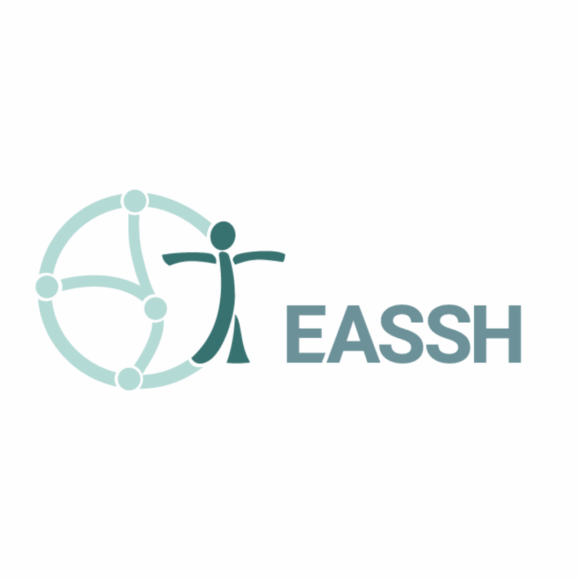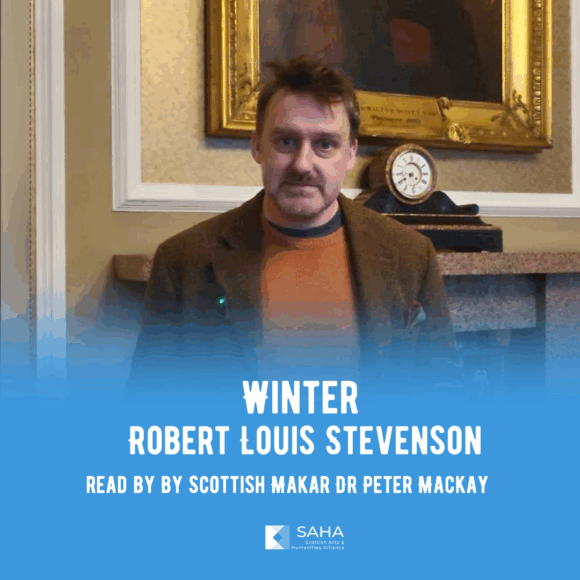A new report from the Higher Education Policy Institute, The Languages Crisis: Arresting decline by Megan Bowler (HEPI Report 192), sponsored by Duolingo, shows a big drop in formal language learning.
The current state of language learning in UK’s schools and universities continues to suffer; findings show that “only 2.97% of A-Levels taken in 2024 were for Modern Foreign Languages, Classical Subjects, Welsh (Second Language) and Irish”, and the constant “decline of in the uptake of degree programmes in languages across all modern language groups”
The Scottish results and the Scottish situation in general, is included in the 2024 British Council report titled Language Trends Scotland 2024/25 (available here)
The HEPI report offers 10 recommendations for reversing the decline:
- Action on teacher recruitment, such as reinstating the international relocation payment for trainee teachers (cut in April 2024).
- Better qualification pathways, such as making language-learning opportunities a statutory entitlement for pupils up to 18 (with a new Level 3 certificate in Applied Languages) and, in England, keeping a language GCSE as a requirement for the English Baccalaureate (EBacc), which is an important school accountability measure.
- Revitalising language hubs to create networks for languages beyond French, German and Spanish to help state schools benefit from the staff and resources of the independent school sector while creating links with higher education institutions.
- Enhancing multilingualism by providing centralised support and streamlining the pathway for qualification entries for languages spoken at home and taught in supplementary schools – one-in-five pupils are bilingual to some degree.
- Supporting British Sign Language (BSL), including adopting a clear plan for staffing and resources to ensure the success of the forthcoming GCSE in BSL.
- Making languages a priority in higher education, including strengthening language provision through more joint provision with other departments or with language specialists at other institutions.
- Improving the oversight of languages in higher education, rather than relying on the changing vagaries of student demand, with a view to preserving provision for small-but-strategically-important languages.
- Targeting government funding to support languages in higher education, with the goals of preventing the loss of strategic languages and tackling regional cold spots.
- Designing additional pathways for lifelong language learning via the Lifelong Learning Entitlement (LLE) and the expansion of alternative applied language qualifications for learners of all ages.
- Establishing a clear voice for languages in the corridors of power, using the model of Chief Scientific Advisers to co-ordinate progress on improving language learning and to provide updates on relevant research-informed evidence.
Commenting on the newly published report, SAHA co-chair Professor Catherine O’Leary said:
“Learning a language helps us to develop critical thinking skills, fosters creativity, and contributes to developing key abilities for intercultural dialogue, which are crucial in the modern globalised economy.
“The data has shown a constant and worrying decline in student uptake and provisions in the Higher Education sector, which will inevitably result in a significant loss for our society. The ten recommendations in the newly published HEPI report offer an excellent starting point for addressing this.
“The Scottish Arts and Humanities Alliance will also work to address this concerning trend with its member institutions and partners in the upcoming academic year.”
The report is now available and can be found below










